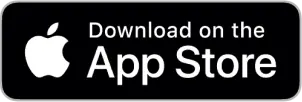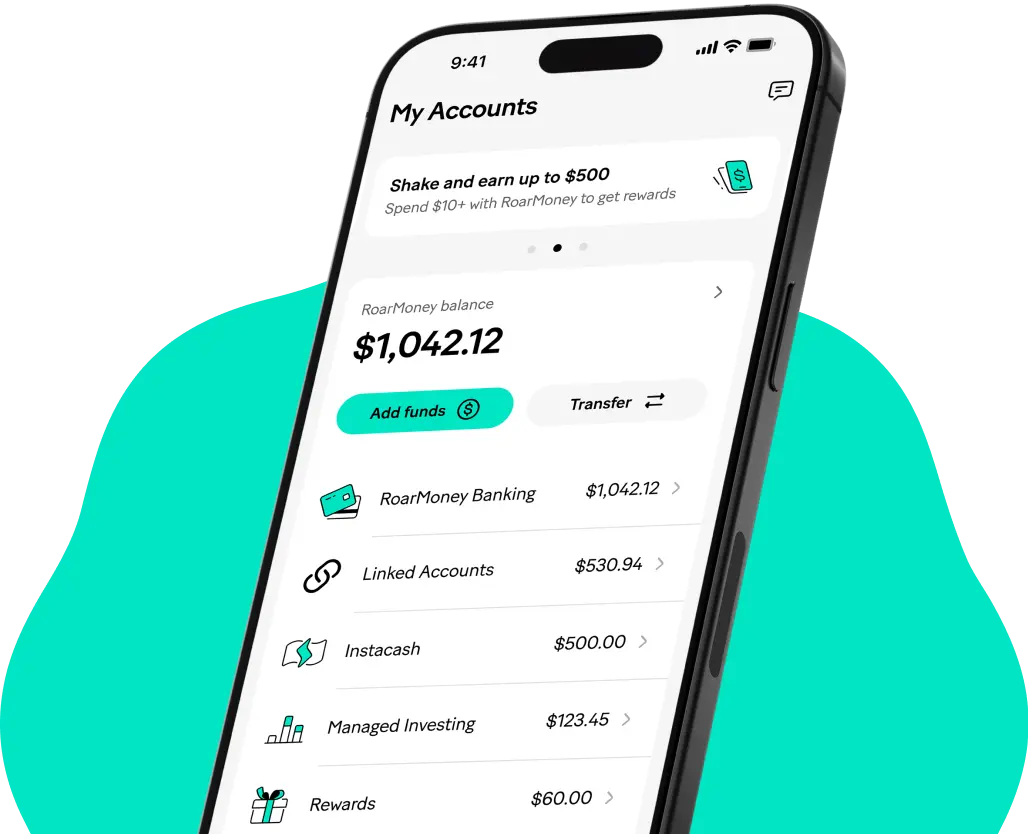

Apartment hunting is a stressful process that involves lots of time and paperwork including the rental application.
Nowadays, many renters find that their application asks a few intrusive financial questions. And you might have one in return: Just why is my rental application asking for a bank account number?
We’ve put together this guide to help you get some answers. Here’s what you should know about why that happens and what you can do when it does.
PRO TIP! Building your credit is easier than you think. It starts with knowing and understanding your score, creating goals, and then monitoring your credit as you take steps to build it.
Yes, rental applications can ask for bank statements, account numbers or other information that verifies your income. Landlords use this information to establish your ability to manage your finances and pay your rent on time.
For some renters, landlords having direct access to your bank account numbers is cause for concern. After all, that’s sensitive information.
Bear in mind that if a landlord becomes your landlord, they’ll have to access some of your account information if you pay your rent via ACH, paper check or debit card.
Here’s what else to know.
Apartment managers and landlords use your banking details to verify your income and the validity of your account. Having your details on hand just simplifies the process.
Landlords and property managers may also request bank account details to set up automatic payments online. Doing so early simplifies the rental experience. Enrolling in automatic payments could help you avoid late fees and potential check theft.
More commonly, a landlord or apartment will ask for bank statements or tax statements instead. As with your account number, they can use this documentation to prove your income, expenses and rent-worthiness. But instead of handing over access to your account, you give potential landlords or apartment managers a secure glimpse of what’s inside.
Aside from various bank account details, rental applications may require other information to establish your identity and financial security. Other documents and information that are handy to have on hand include:
Remember that if you intend to rent with a roommate or co-signer, they may also be required to provide the same information.
While the landlord has the right to ask for your banking details, you also have the right to refuse. But as a prospective tenant, that might put you in a tricky situation.
On one hand, you don’t have to make financial moves that make you uncomfortable. That includes putting your sensitive banking information on a rental application.
On the other hand, refusing to hand out your bank details could jeopardize your approval odds.
If you’re uncomfortable handing out your bank account number on an application, many landlords work with alternatives. For instance, they may accept:
Even if you hand over your bank account data, you’re not guaranteed to be approved for an apartment. Landlords and property managers can deny rental applications for a range of reasons like:
You can address these issues for better chances of approval. For example, to improve your credit history, you can review and monitor your credit reports, identify any errors or discrepancies, and then take proactive steps such as paying bills on time and reducing debt.
PRO TIP! Building your credit is easier than you think. It starts with knowing and understanding your score, creating goals, and then monitoring your credit as you take steps to build it.
Renting an apartment or house is a big — and potentially costly — move, and protecting yourself is important.
Sure, prospective landlords have the right to ask for financial data — even sensitive data like your bank account information or bank statements. But that doesn’t mean you have to provide it without further investigation or even at all.
If you’re uncomfortable providing access to your financial accounts, ask your landlord about alternative proof such as copies of your bank statement or tax records. If that fails, you can reevaluate your position or move onto the next application.
Landlords can request your financial information to ensure you’re a good financial fit. If you’re uncomfortable providing such sensitive information on an application, you can propose alternatives like your paystub or bank statements.
Landlords use bank account information and bank statements to determine a renter’s ability to pay on time. If you provide your bank account numbers, they can also use this information to set up automatic rental payments — with your permission, of course.
Rental applications can be rejected for several reasons, such as having a poor credit history, too low of an income or prior evictions. Even small details like having no or poor references can result in a rejected application.
Written by Anna Yen Anna Yen, CFA, has nearly 2 decades of experience in financial markets, primarily with JPMorgan and UBS. Currently, she manages digital assets and her goal at FamilyFI is to empower families with financial literacy. She’s worked in 5 countries and visited 57.














Disclosures
This material is for informational purposes only and should not be construed as financial, legal, or tax advice. You should consult your own financial, legal, and tax advisors before engaging in any transaction. Information, including hypothetical projections of finances, may not take into account taxes, commissions, or other factors which may significantly affect potential outcomes. This material should not be considered an offer or recommendation to buy or sell a security. While information and sources are believed to be accurate, MoneyLion does not guarantee the accuracy or completeness of any information or source provided herein and is under no obligation to update this information. For more information about MoneyLion, please visit https://www.moneylion.com/terms-and-conditions/.
2 MoneyLion does not provide, nor does it guarantee, any third-party product, service, information, or recommendation. The third parties providing these products or services are solely responsible for them, as well as all other content on their websites. MoneyLion is not liable for any third party’s failure with regard to those advertised products, services, and benefits. These advertised products and services may not be FDIC insured or bank-guaranteed, and may be subject to a different privacy policy than MoneyLion’s. You should check individual offers, products, and services to become familiar with any applicable restrictions or conditions that may apply. MoneyLion may receive compensation from third parties for referring you to the third party, their products or to their website.
Get Instacash advances up to $500 for everyday expenses or life’s surprises. There’s no credit check, no monthly fee, and no interest.

![]()
![]()
![]()
![]()
![]()
TikTok
![]()
![]()
![]()
![]()
![]()
YouTube



MoneyLion NMLS ID 1237506
© 2013 - 2024, MoneyLion Inc. All Rights Reserved.